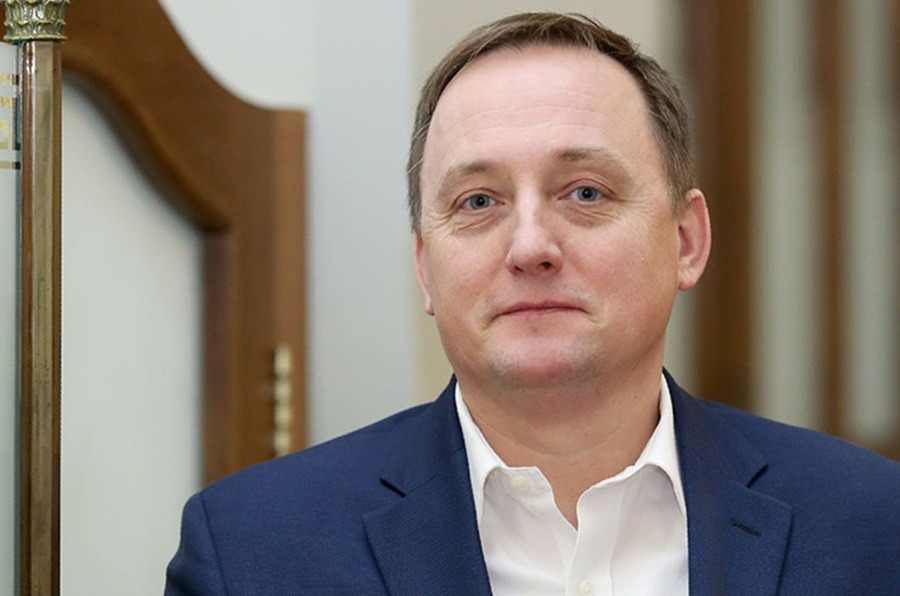European Central Bank’s Interest Rate Decision
European Central Bank Governing Council member Kazaks on Interest Rates
Recently, European Central Bank Governing Council member Kazaks, who is also the governor of Latvia’s central bank, spoke with MNI and Bloomberg. According to the Bloomberg report, Kazaks emphasized the importance of not putting interest rate decisions on “autopilot.” He stated that the ECB’s dependency on incoming economic data is still crucial in determining future interest rate cuts. Kazaks specifically mentioned that monitoring wages, productivity, and profit margins will be key factors in their decision-making process.
Kazaks also expressed his contentment with the market’s current pricing for two interest rate cuts this year. He mentioned that as recession risks diminish, unless there is a significant unexpected event, the ECB’s previous rate hike in September will likely remain in place.
Impact on Individuals
The ECB’s cautious approach to interest rate cuts suggests that individuals with loans or mortgages tied to ECB rates may not see immediate changes in their monthly payments. However, individuals with savings accounts or investments in bonds may continue to experience low returns as interest rates remain low.
Impact on the World
The ECB’s stance on interest rates could have a ripple effect on the global economy. With one of the largest central banks in the world taking a cautious approach, other central banks may follow suit to maintain stability in the global financial system. This could impact international trade, investment, and overall economic growth.
Conclusion
As the European Central Bank continues to monitor economic data and exercise prudence in its interest rate decisions, individuals and the world at large will need to adapt to a low-interest rate environment. While this approach may provide stability in the short term, long-term implications on economic growth and financial markets remain uncertain.





